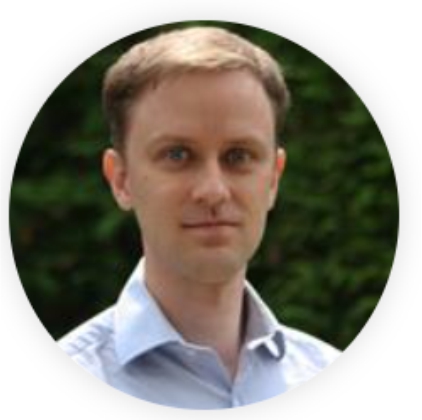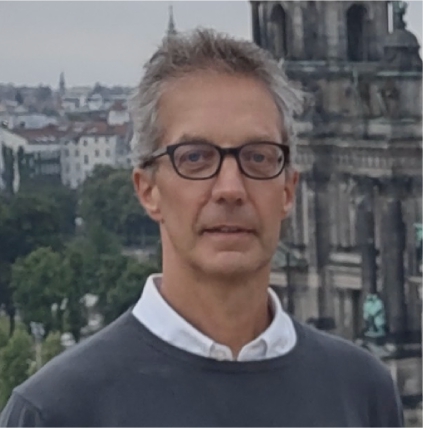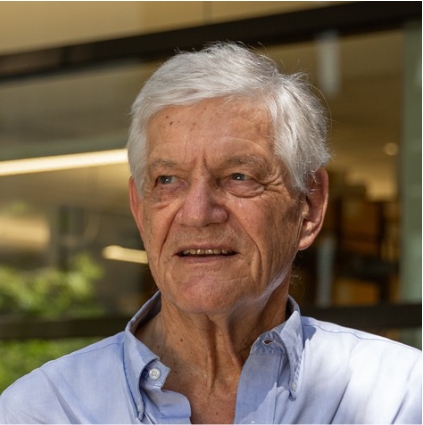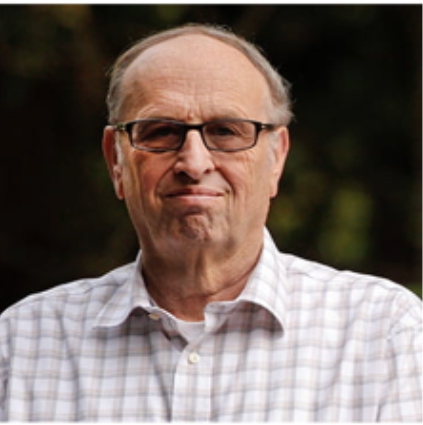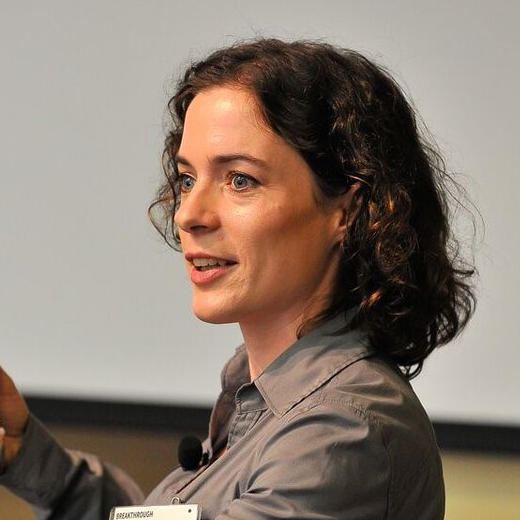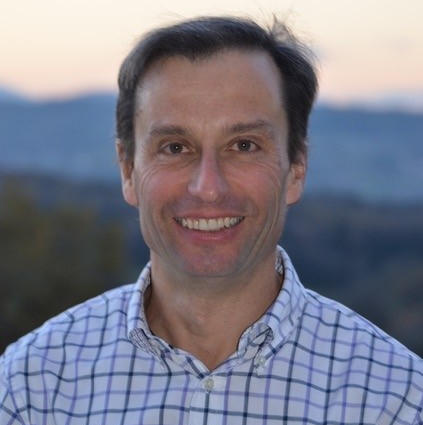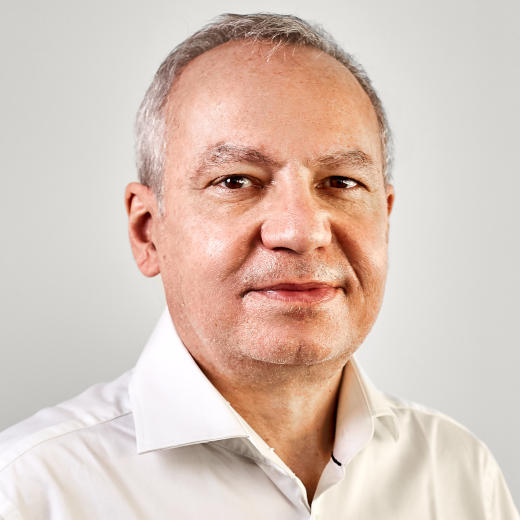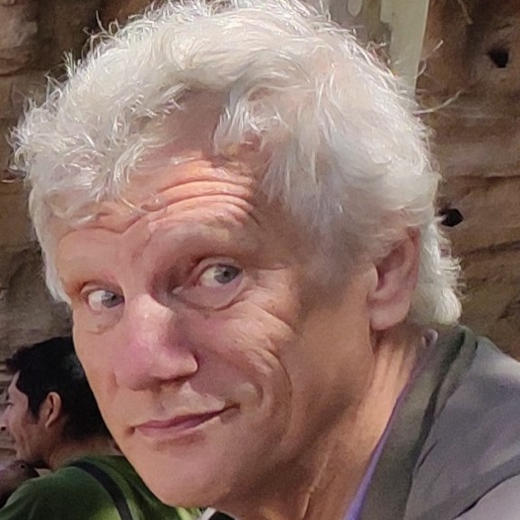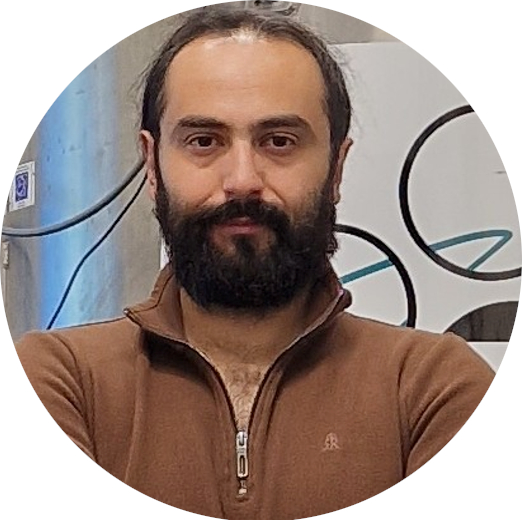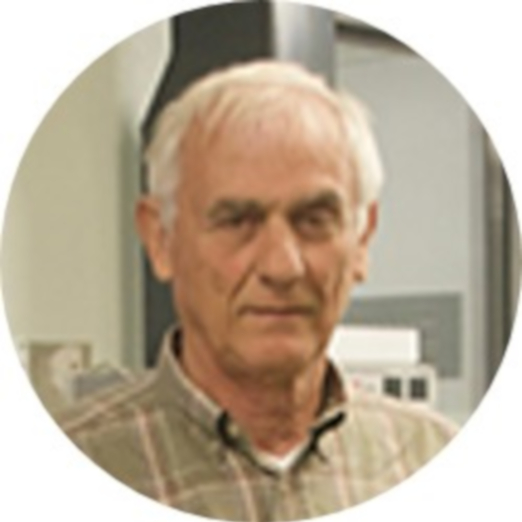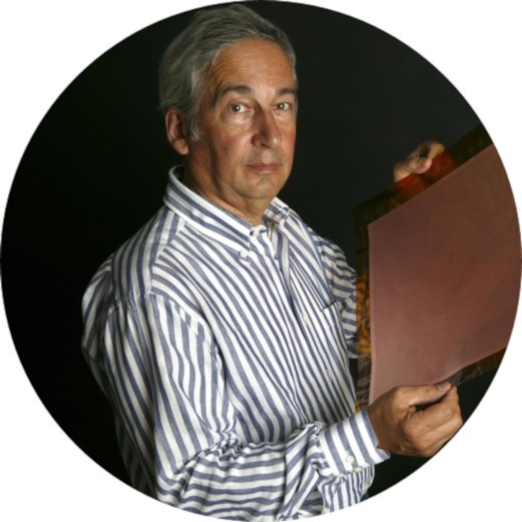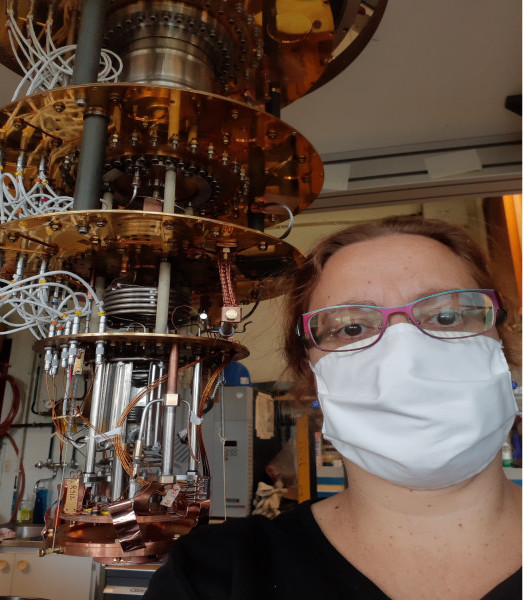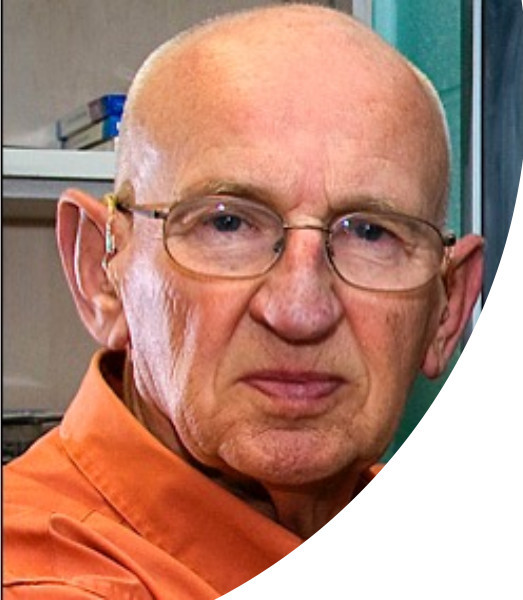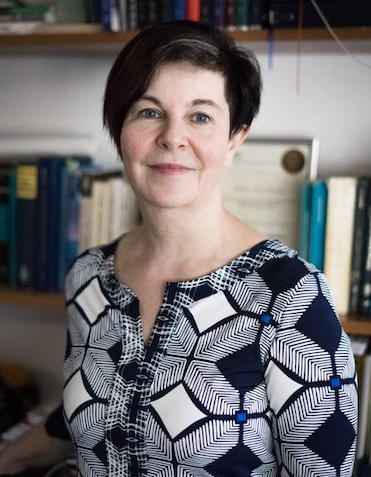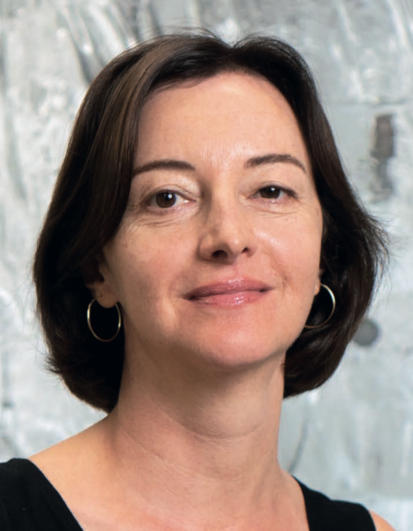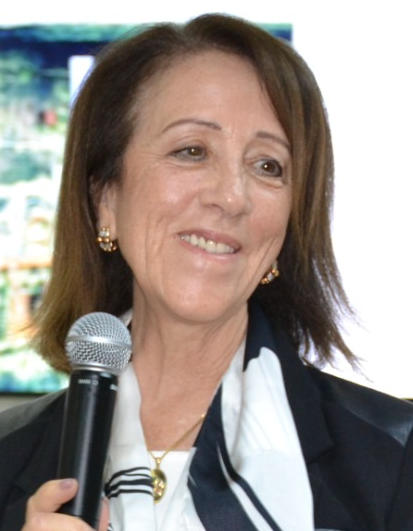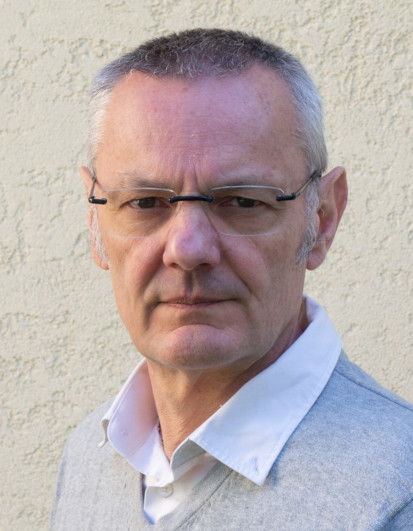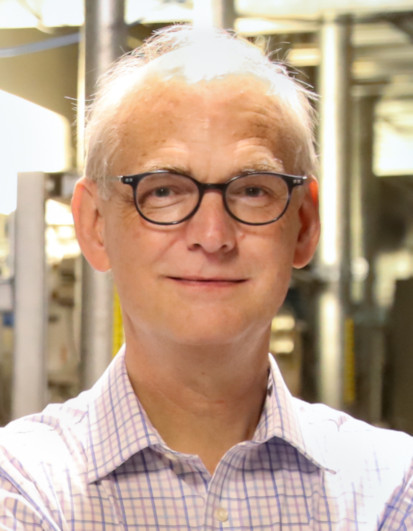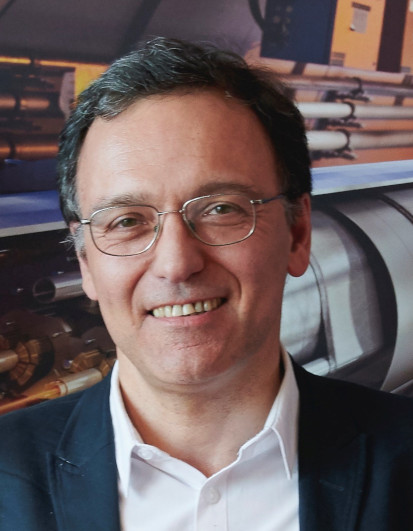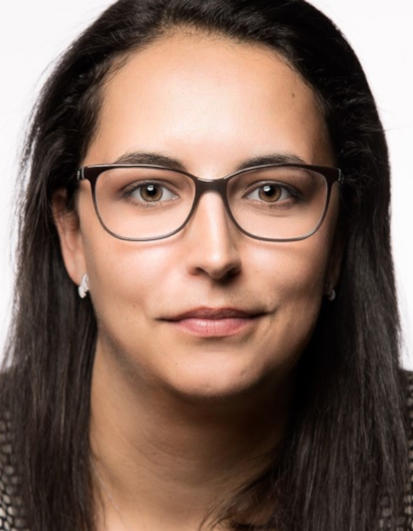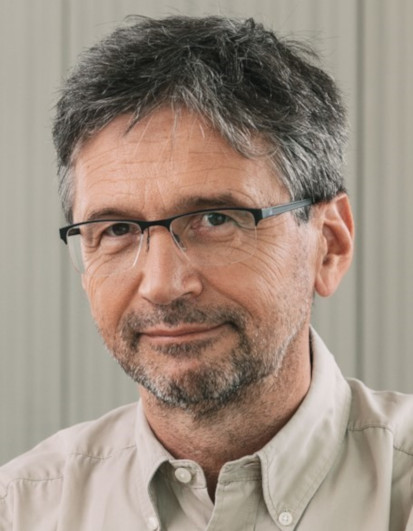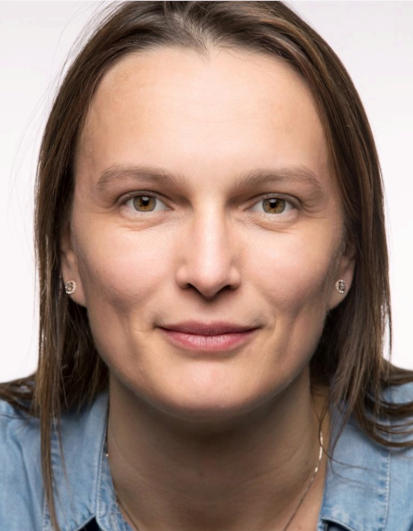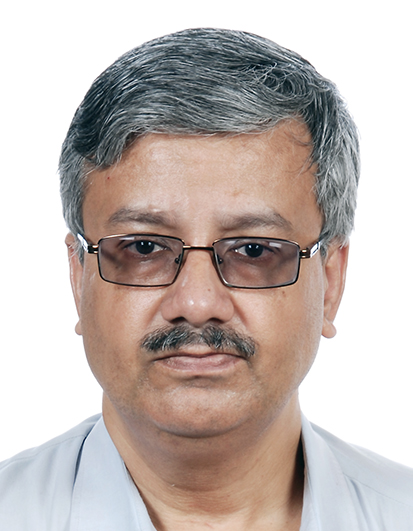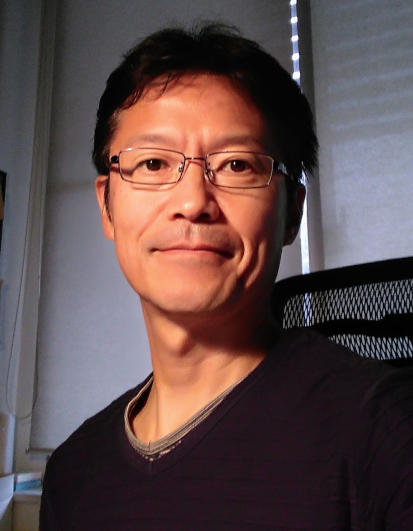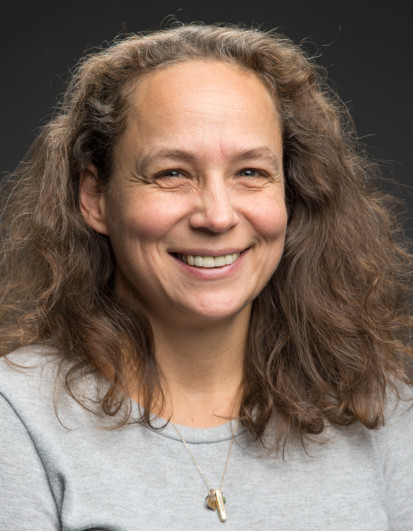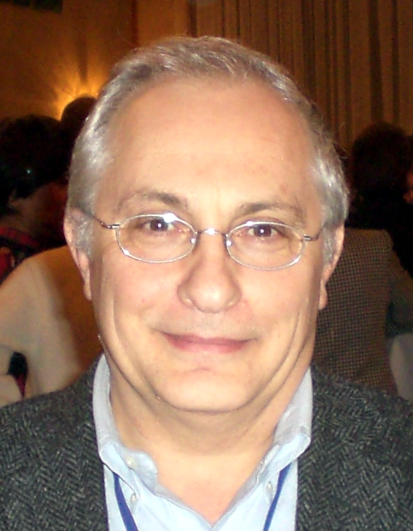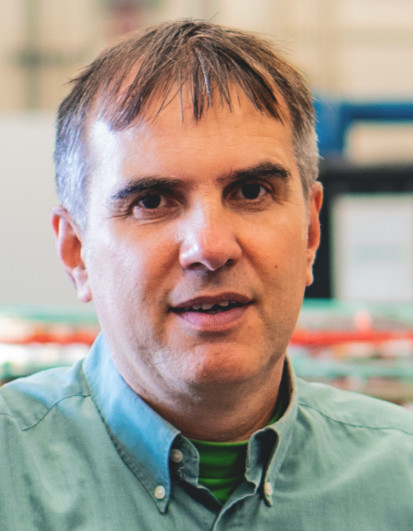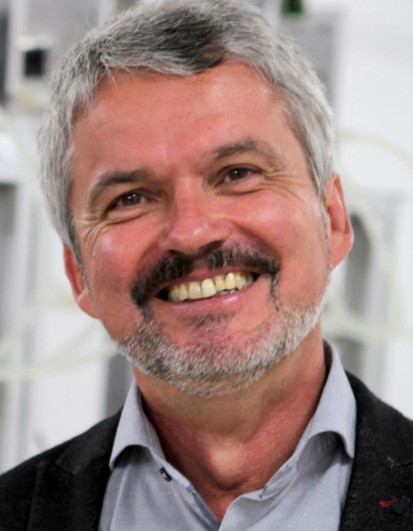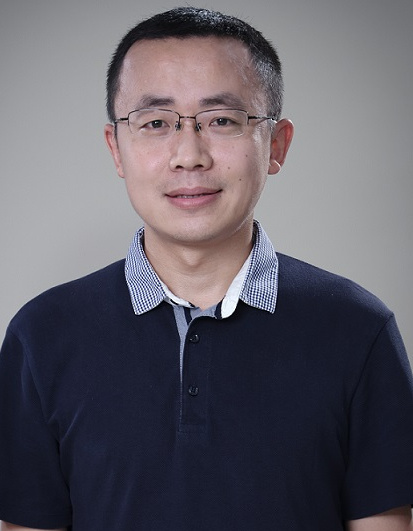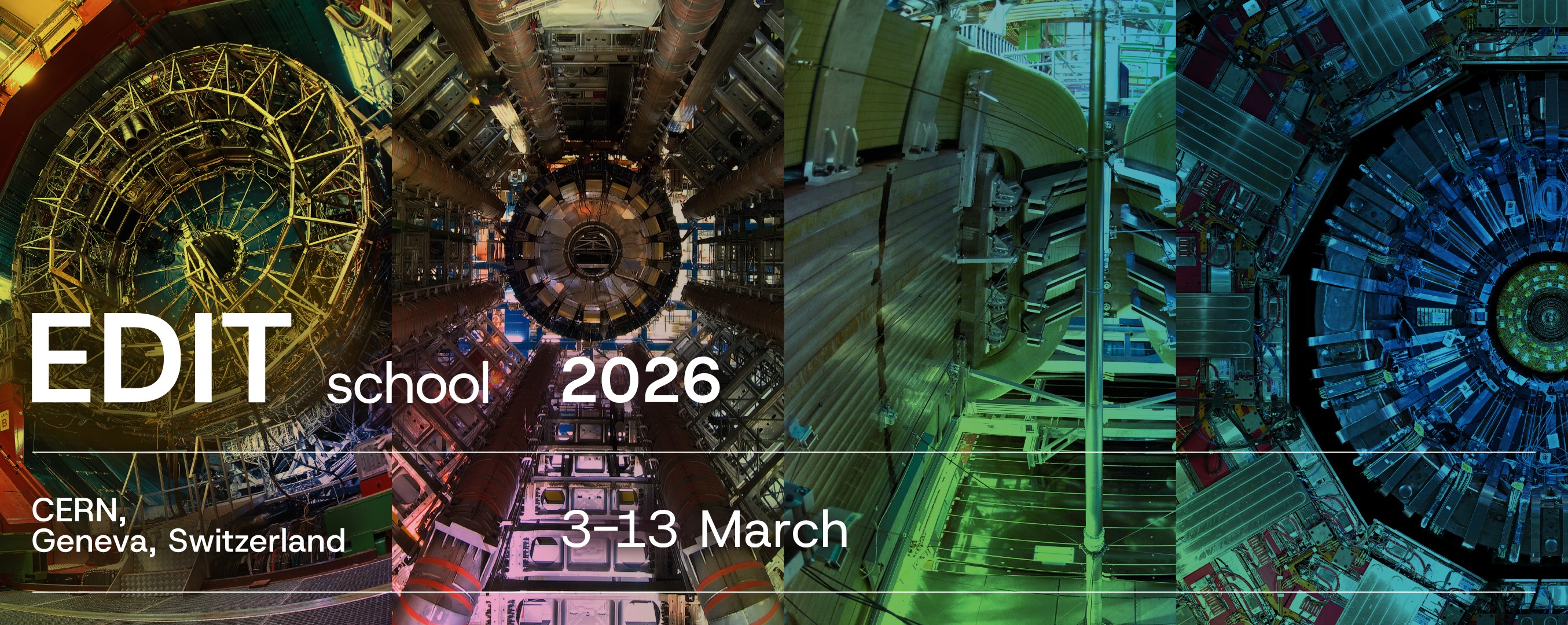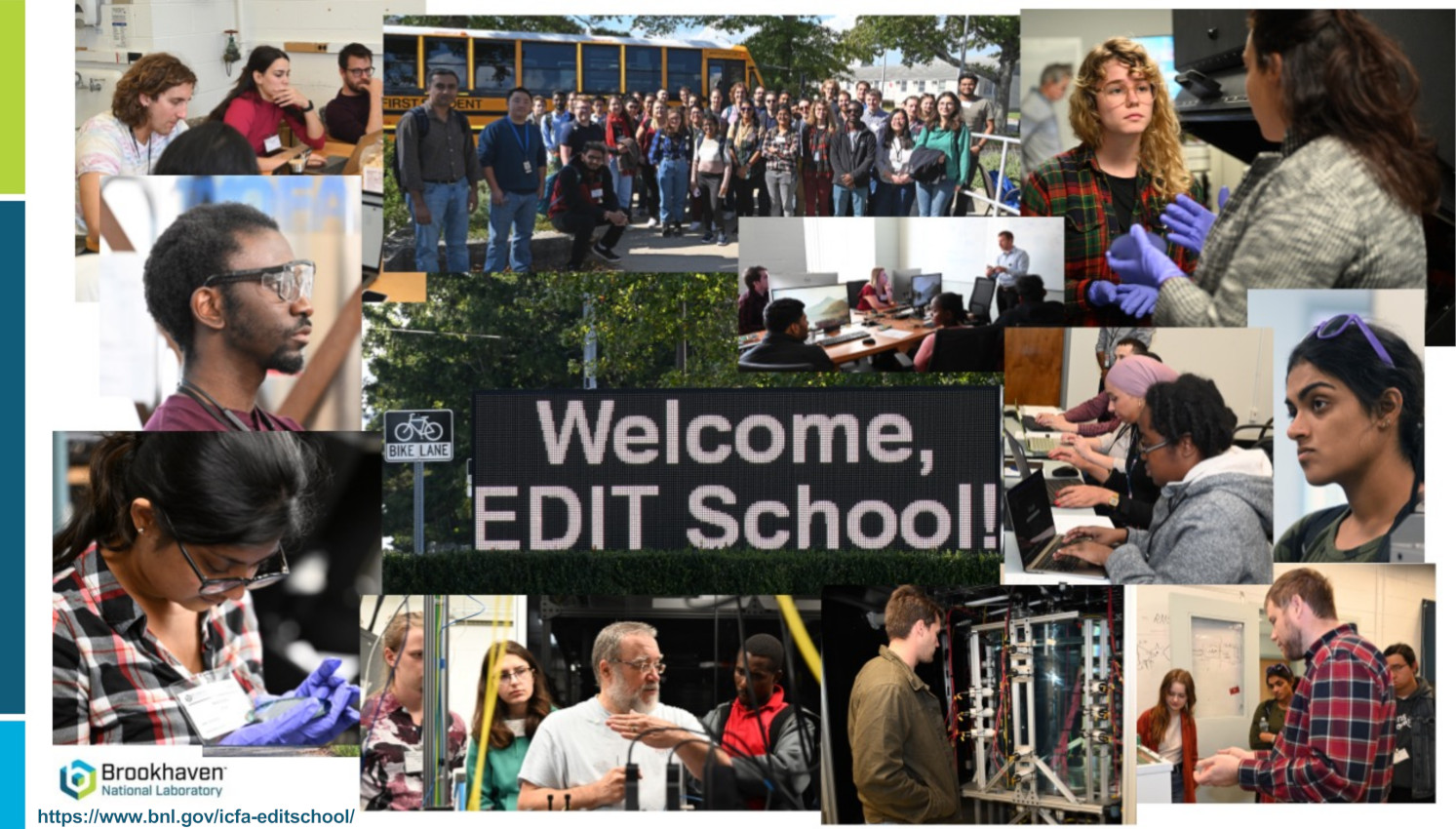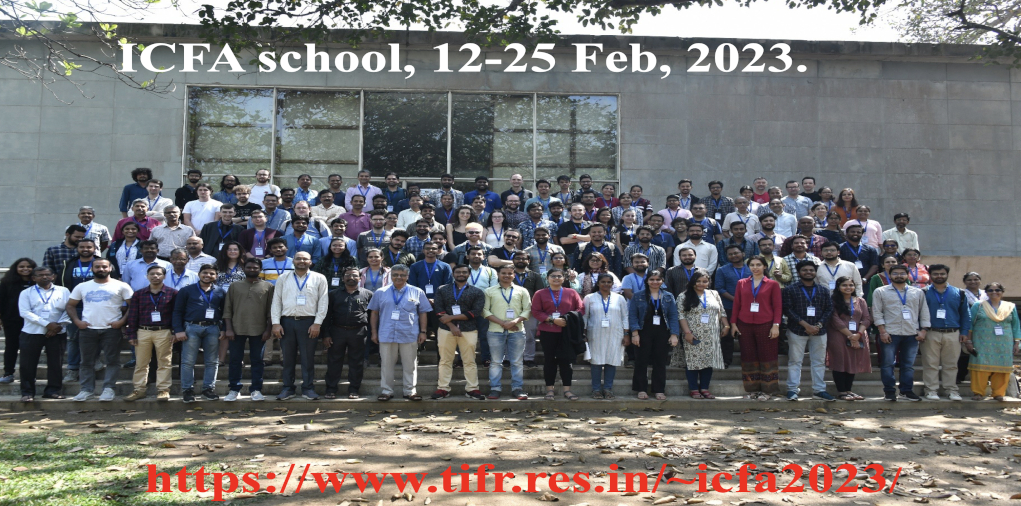
Instrumentation Studentships
With a goal is to increase participation of young scientists (in particular graduate students) in leading-edge instrumentation R&D, and to foster growth of future HEP instrumentation experts and help them to compete subsequently for permanent positions by the creation of prestigious instrumentation studentships providing extended internships at laboratories.
Two thrusts: National and Global
National: identify best practices within our nations and be a catalyst encouraging national communities without instrumentation studentships to consider introducing them, and make it as easy as possible to do so, by adopting best practice suitably modified to match national context (for example length of PhD).
Global: Extend national program to countries without a major lab. Funding for this possibly through EU/UNESCO and others…..
Taskforce has members with significant experience of developing instrumentation studentships, including scope, rules of governance including eligibility, nomination procedures, selection committees and selection procedures. Developing these and a survey of national practices will lead to a proposal to ICFA.
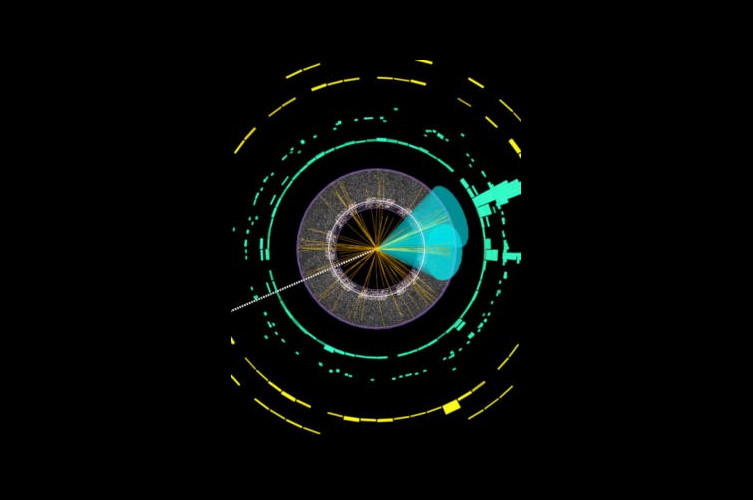
Instrumentation Prizes
It is important to recognize the achievements of our colleagues. There are relatively few specific awards for instrumentation in our community.
Two thrusts: National and Global
National: identify best practices within our nations and be a catalyst encouraging national communities without prizes to consider introducing prizes, and make it as easy as possible to do so, by adopting best practice suitably modified to match national context.
Global: Create high profile annual international Instrumentation Prizes under the auspices of ICFA for junior, mid-career and senior researchers. A high profile live-streamed awards ceremony where awardees give lectures on their work . Could be incorporated into ICHEP in even years or a standalone event at a major laboratory.
Program of work: Taskforce has members with significant experience of developing prizes, including scope, rules of prize governance including eligibility, nomination procedures, selection committees and selection procedures, prize ceremonies and publicity. Developing the international prizes (in the form of a proposal to ICFA) and a survey of national practices are the next steps
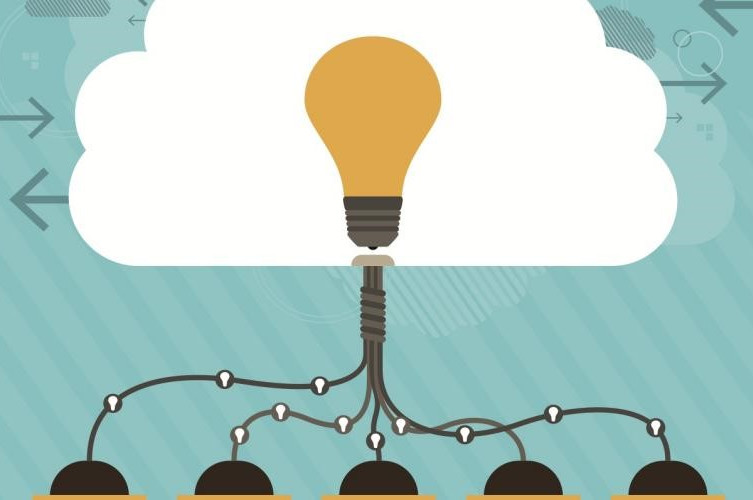
Interdisciplinary Workshops
The pace of development across the sciences is breathtaking. We can achieve more in instrumentation development together with our colleagues in other fields of science than we can working apart.
Two thrusts: National and Global
National: identify best practices within our nations and be a catalyst encouraging national communities without interdisciplinary workshops and/or other suitable fora to consider introducing them, and make it as easy as possible to do so, by adopting best practice suitably modified to match national context.
Global: Encourage international conferences to feature interdisciplinary sessions.
We support selected workshops with an interdisciplinary focus or component with an ICFA-IID association. Examples are: MultiHEP 2020 (public access link to be added) and the CPAD Instrumentation Workshop 2021.
